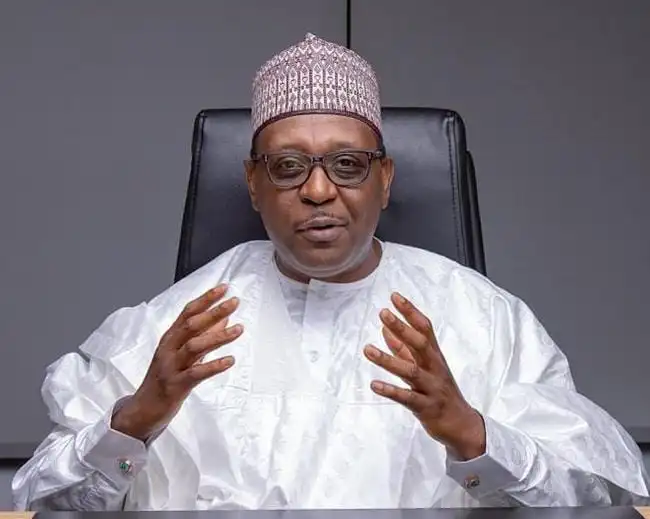The Minister of Health and Social Welfare, Prof. Muhammed Ali Pate, stated that health infrastructure development in West Africa is lagging due to limited investment, with the region still dependent on donors.
Speaking at the opening ceremony of the 48th Annual General Scientific Meeting (AGSM) of the West African College of Physicians (WACP) in Abuja, the Minister highlighted several transitions facing West Africa, including political, economic, and demographic changes.
He noted that Africa is rapidly urbanizing, as seen in Nigeria, and is experiencing an epidemiological shift with the rise of infectious diseases.
He, therefore, called for a change in the narrative and urged collaboration among West African countries to address the region’s health sector challenges.
“The West African economy is evolving amid increasing uncertainty, alongside climatic transitions,” he said.
“Changes in rainfall patterns have brought diseases like cholera, boosted food production, and led to increased consumption of processed food,” he added.
The outgoing WACP President, Dr. Rose Macauley, encouraged inductees to stay grounded and not leave their countries, reminding them that West Africa, where they were trained, invested in their education and helped them become who they are today.
ALSO READ: Hezbollah elects Naim Qassem to succeed slain leader, Nasrallah
Dr. Macauley noted that the college had identified key challenges in the health sector that governments need to address to improve outcomes.
“In the college, we motivate ourselves to give back to society rather than leave. We are empowered to offer recommendations to various governments and encourage implementation,” she said.
“We urge governments to create an enabling environment, particularly for young doctors. This is the only way to retain them and discourage migration.”
Macauley stressed the importance of addressing doctors’ personal needs and ensuring a steady supply of equipment to support their professional practice.
Meanwhile, the President-elect of WACP, Dr. Mamadou Mourtalla from Senegal, described the emigration of doctors from West Africa as a significant problem that governments in the region must address.
He observed that while the continent has many dedicated and well-trained doctors, it is disheartening to see young Africans providing their skills to countries that did not invest in their education.
Dr. Mourtalla noted that the best way to retain young African doctors is to meet their needs so they can deliver their best. He urged West African leaders to take action by investing in medical training, equipping hospitals, and fostering greater commitment among healthcare professionals.
